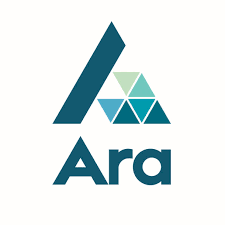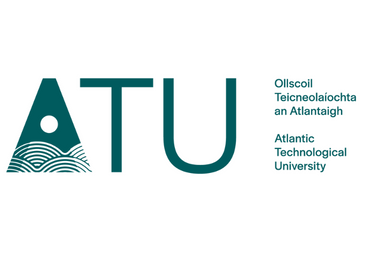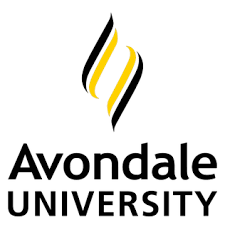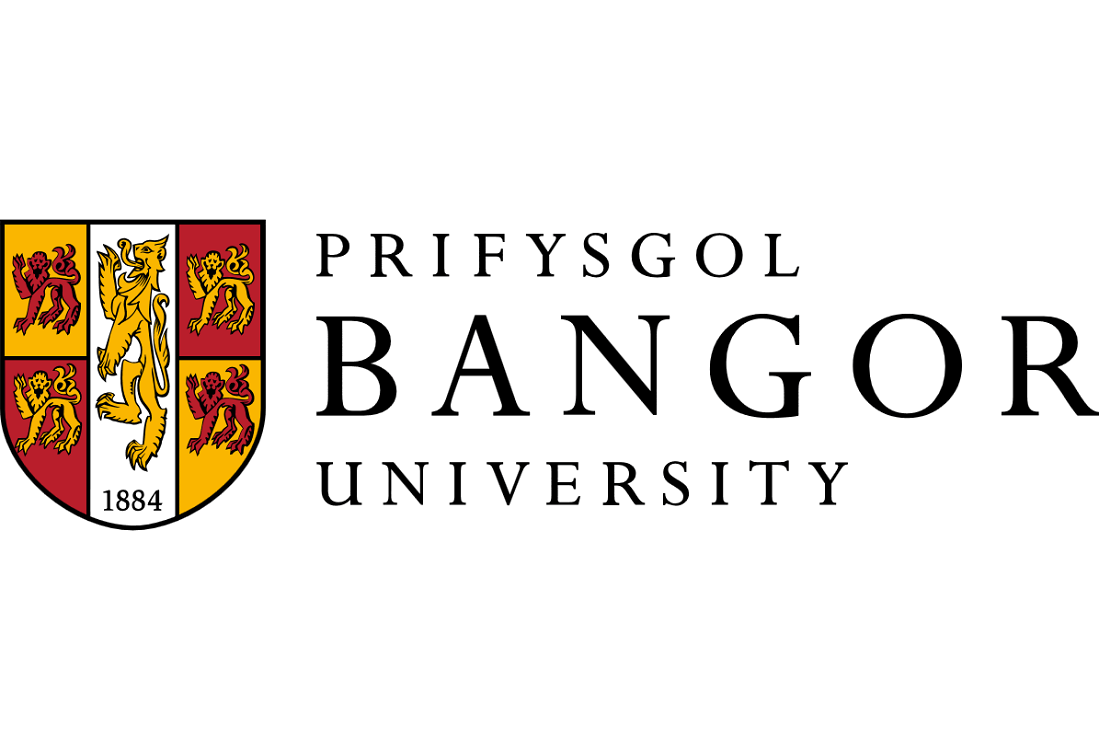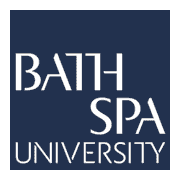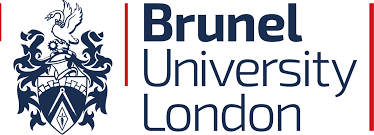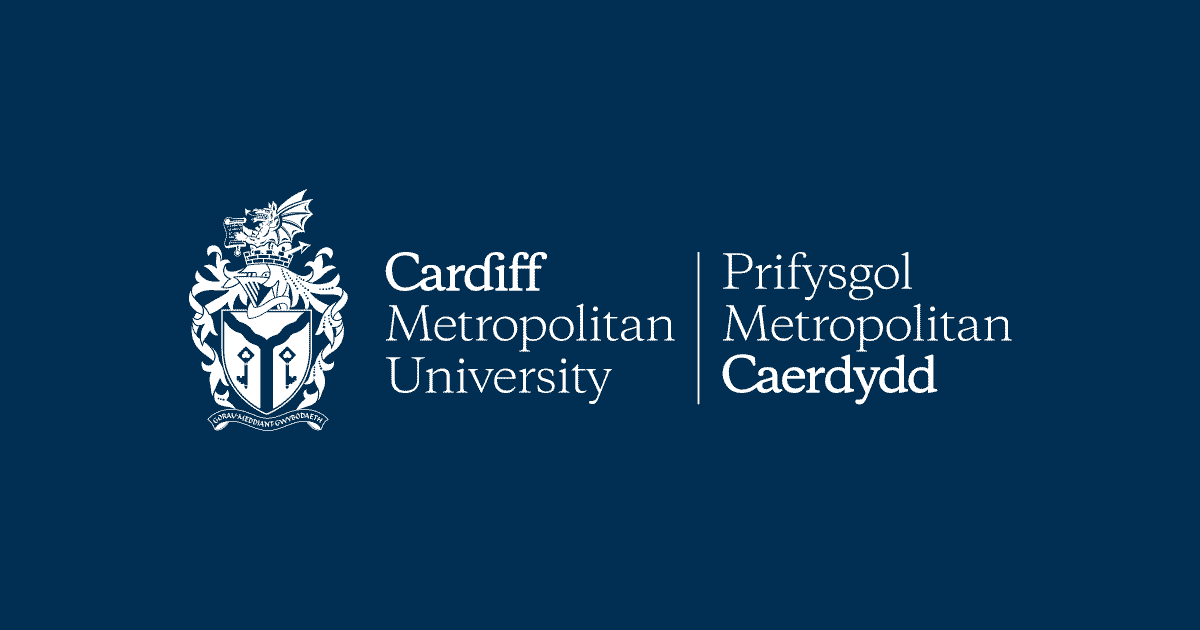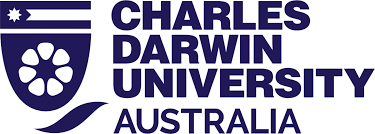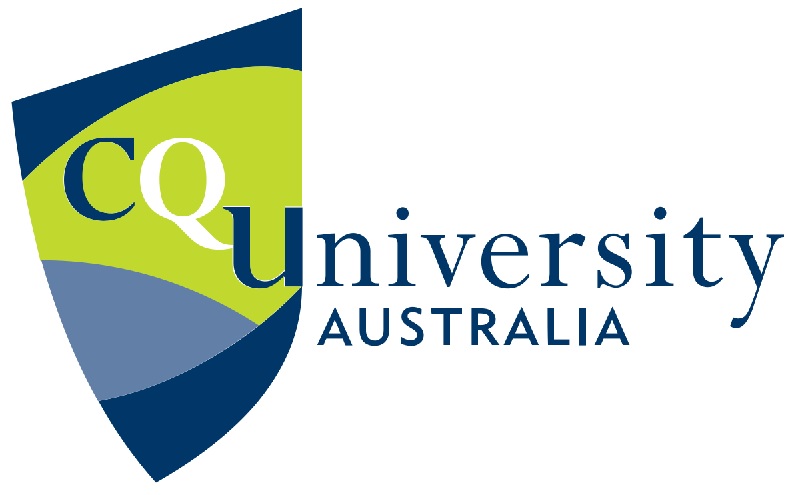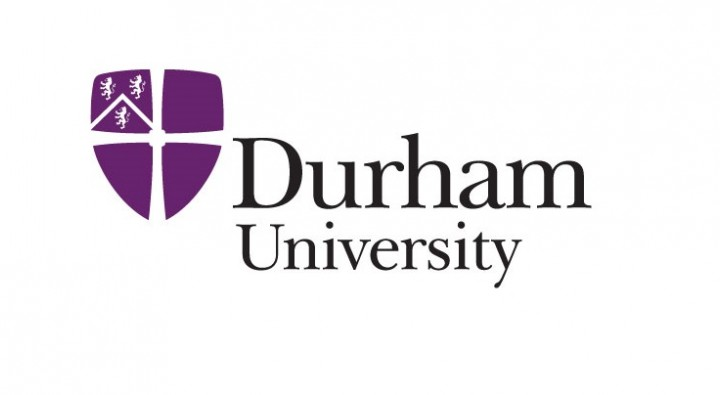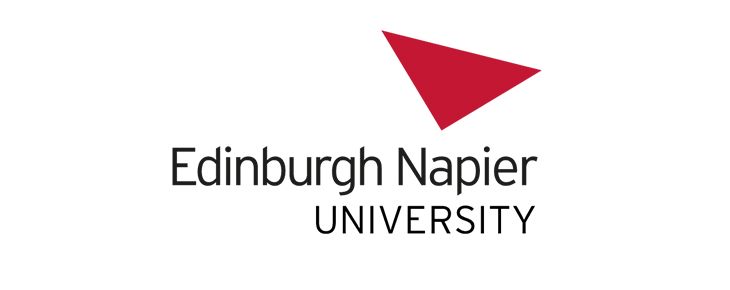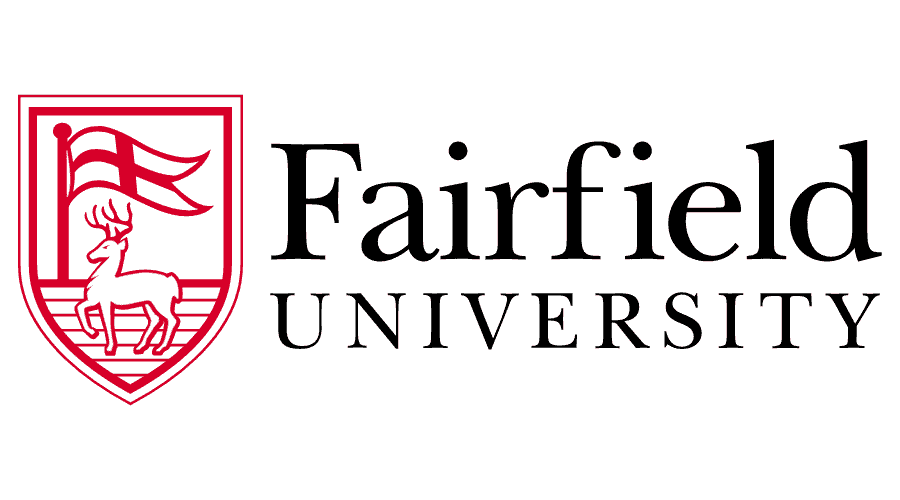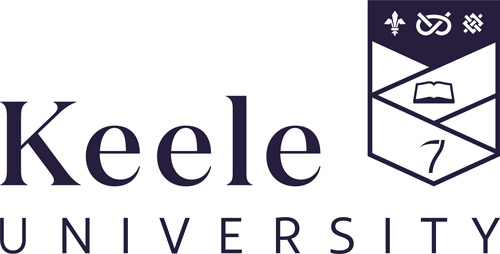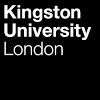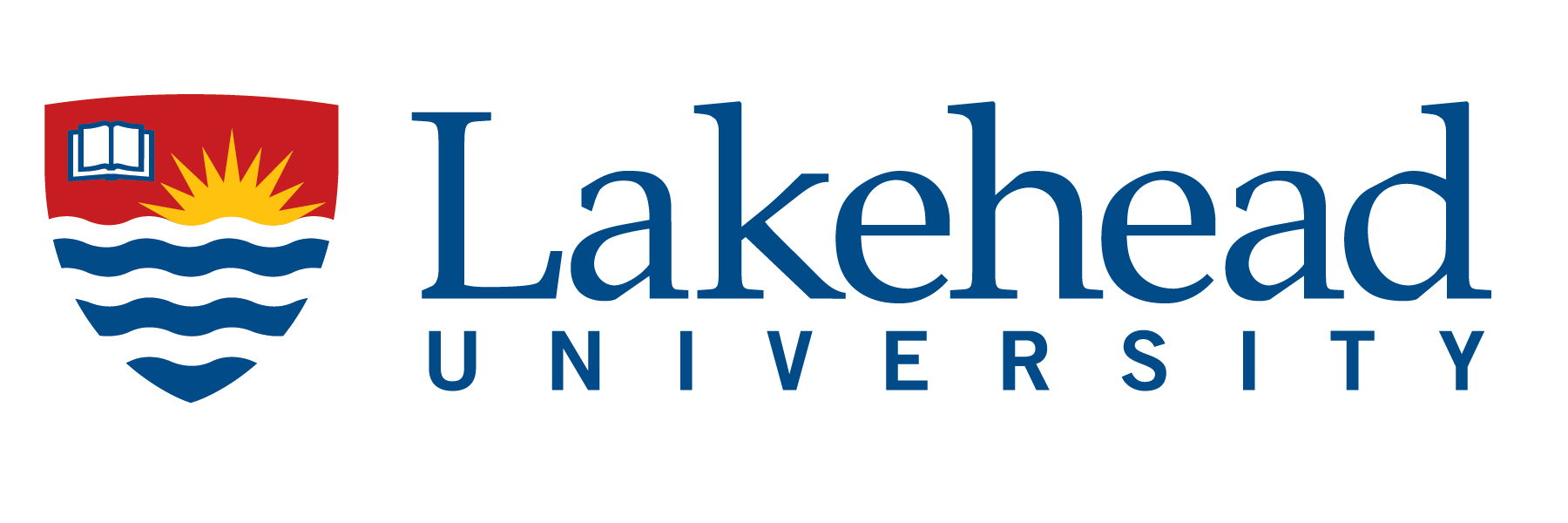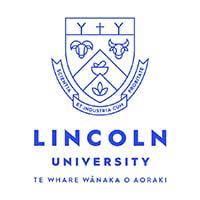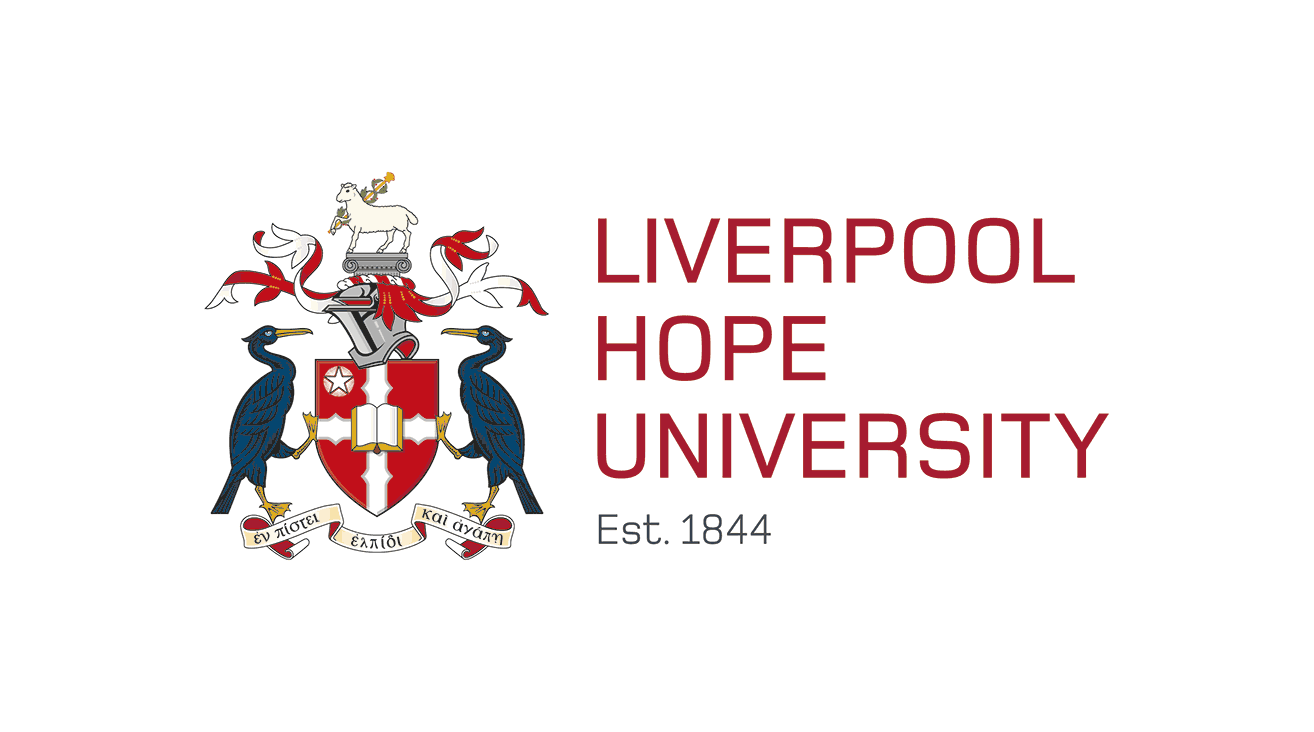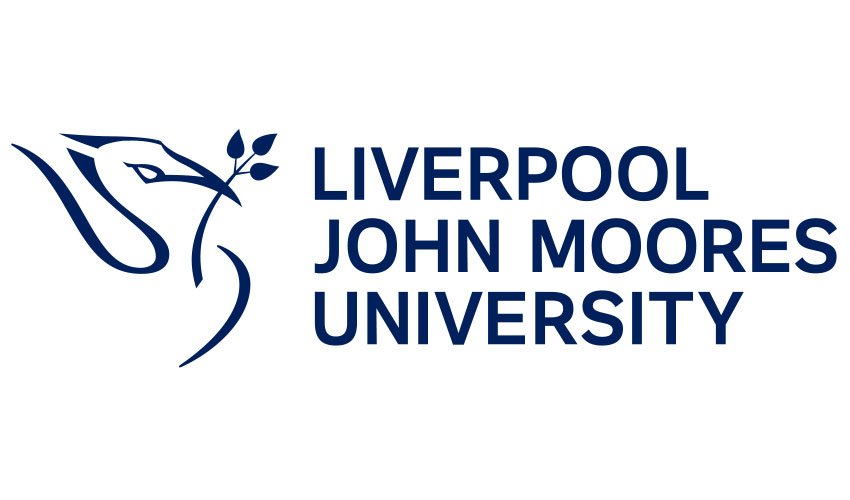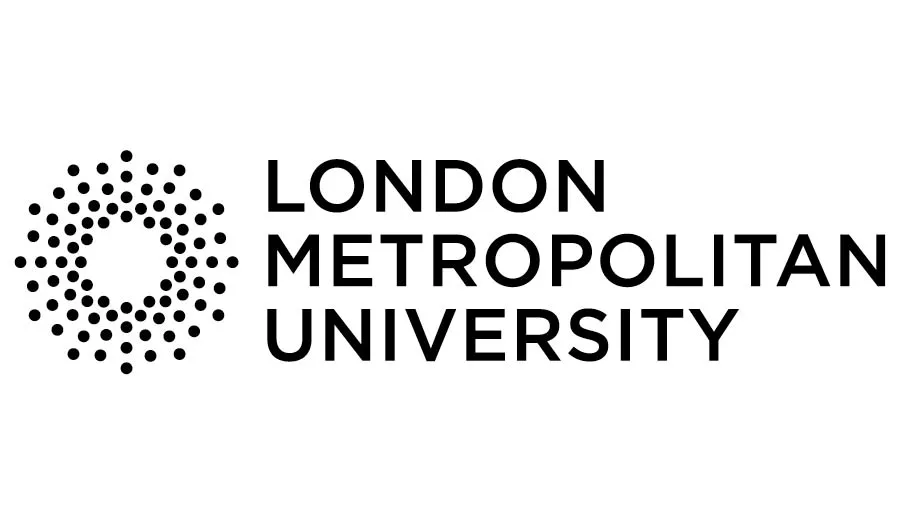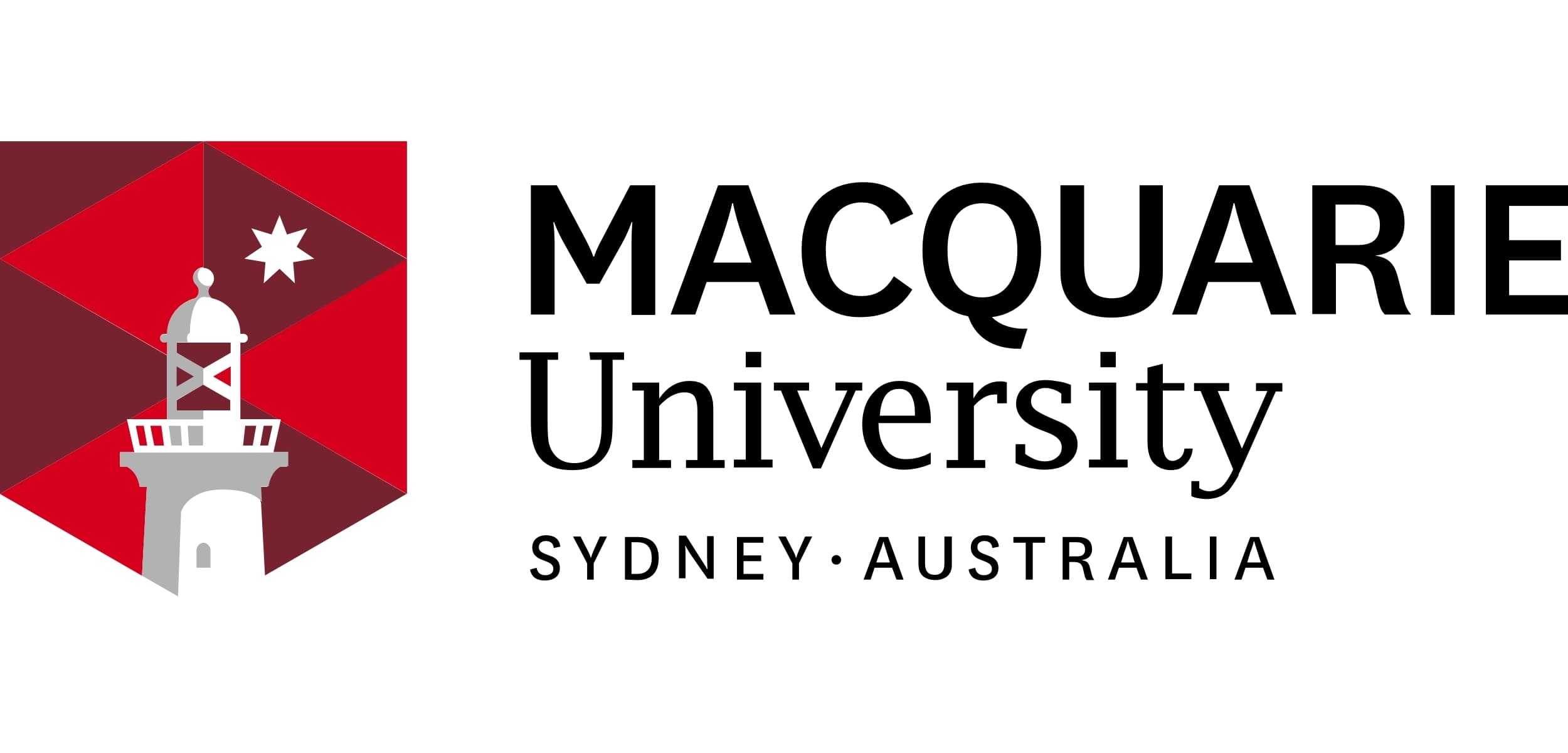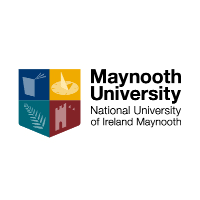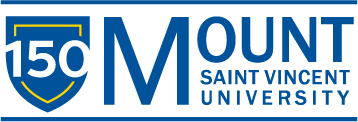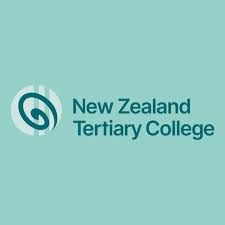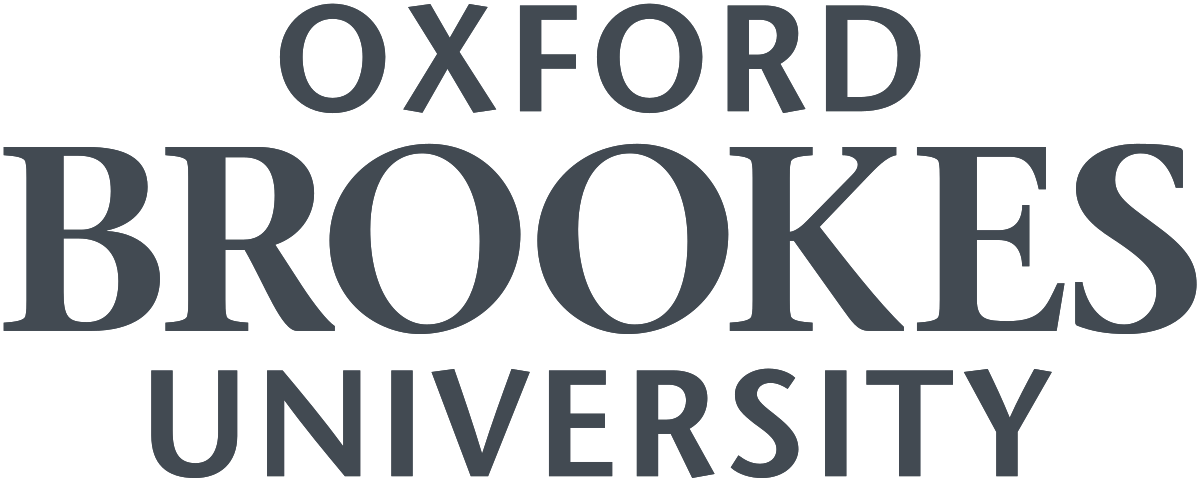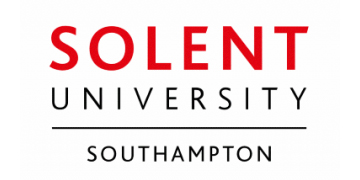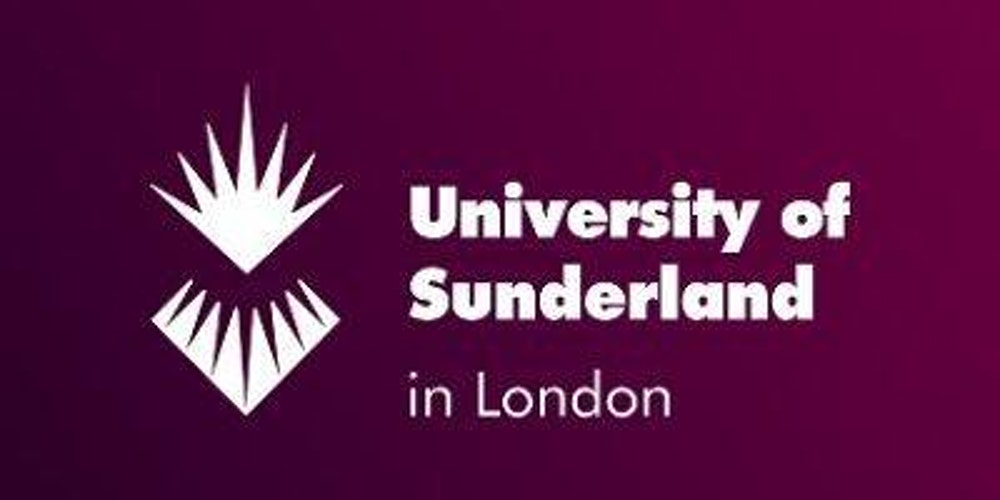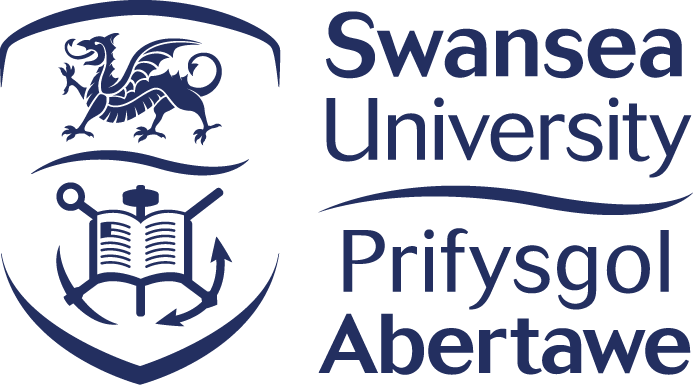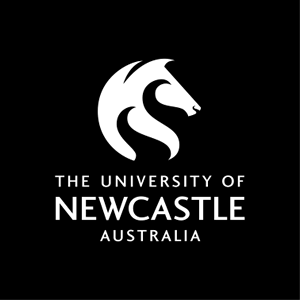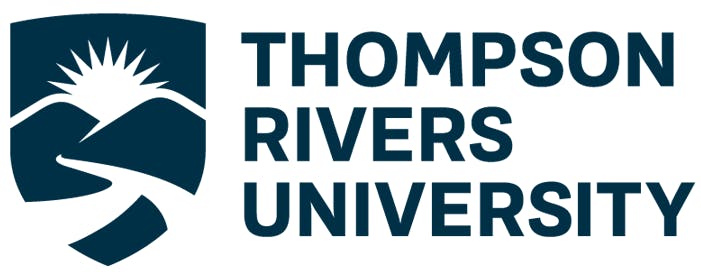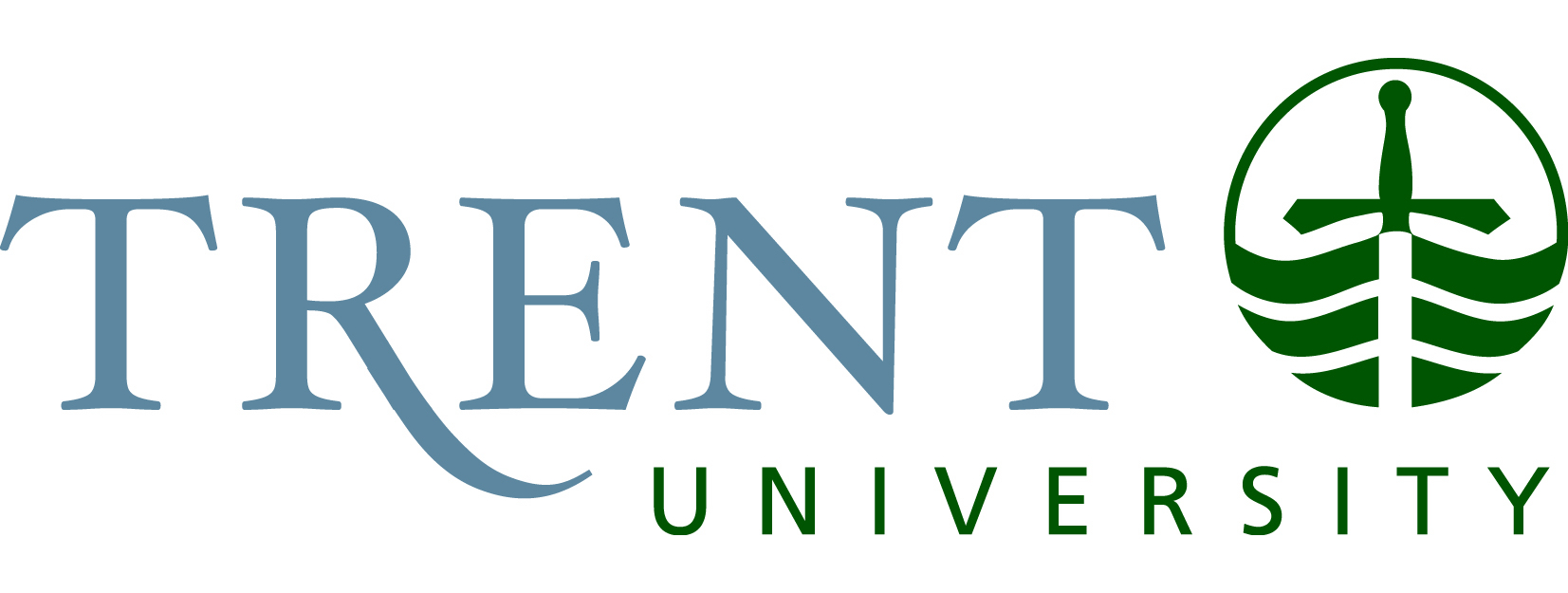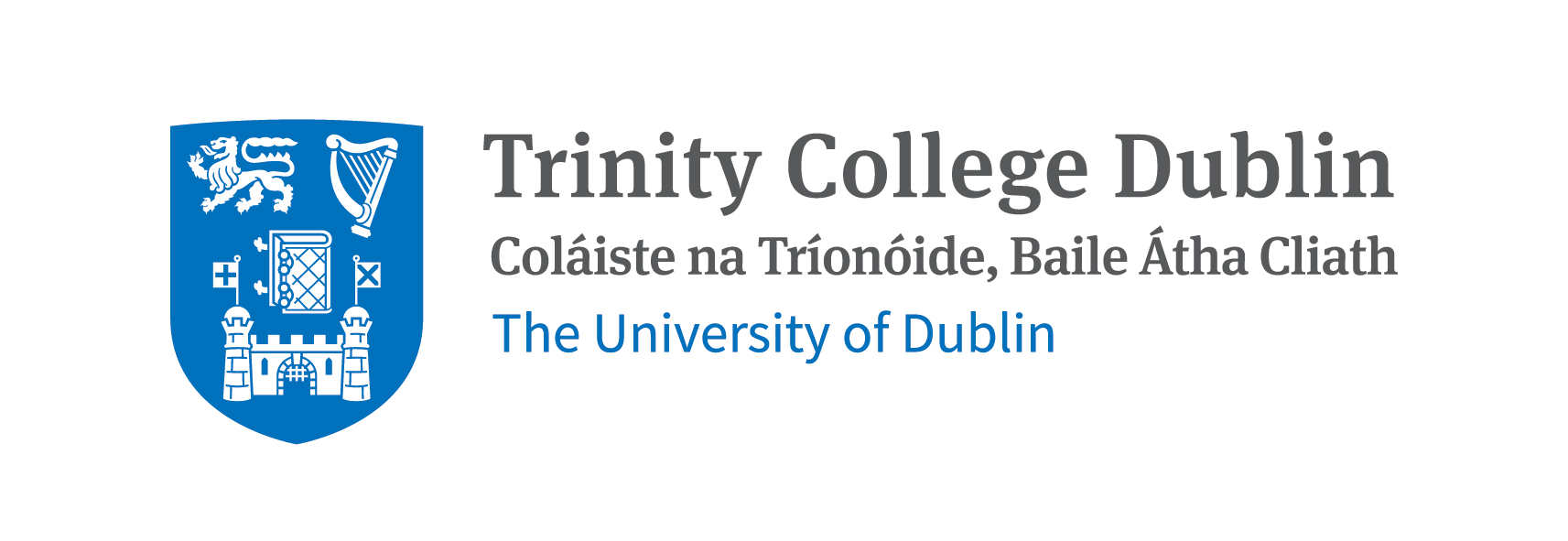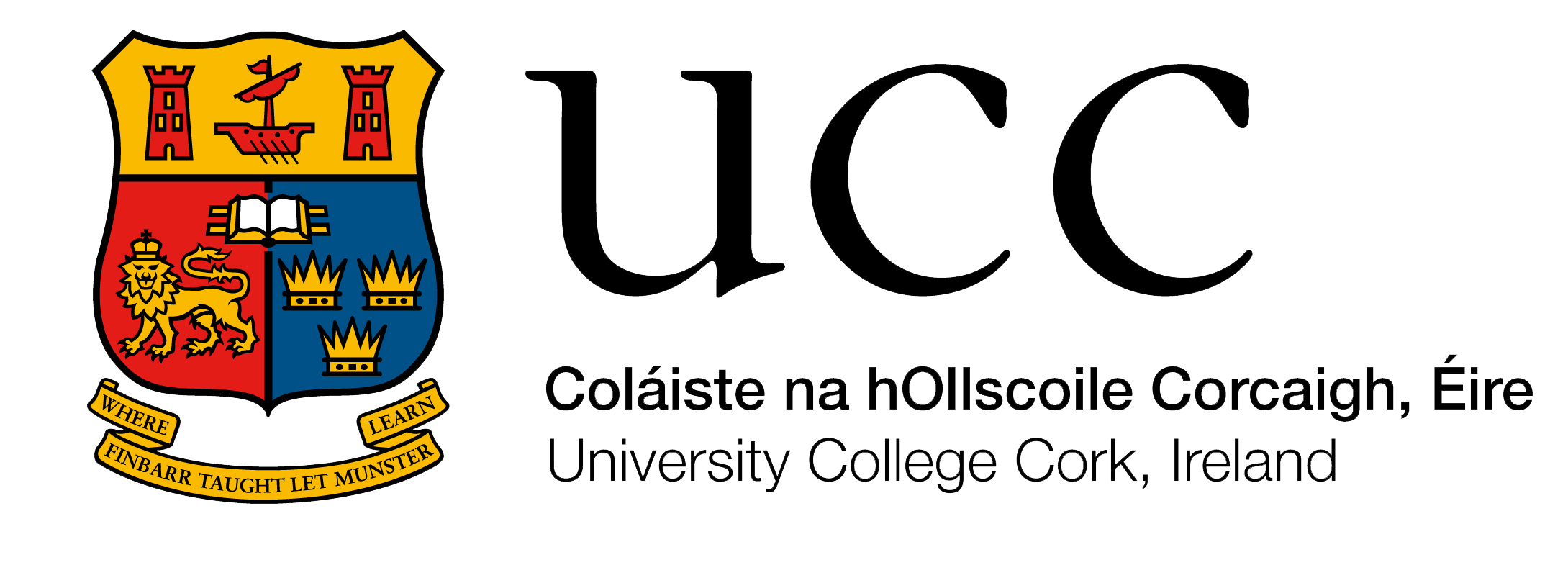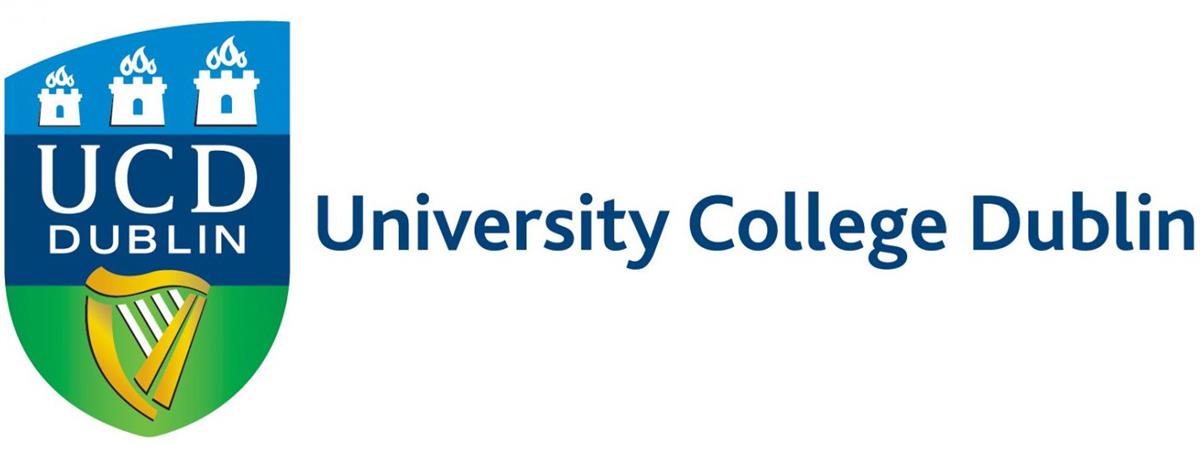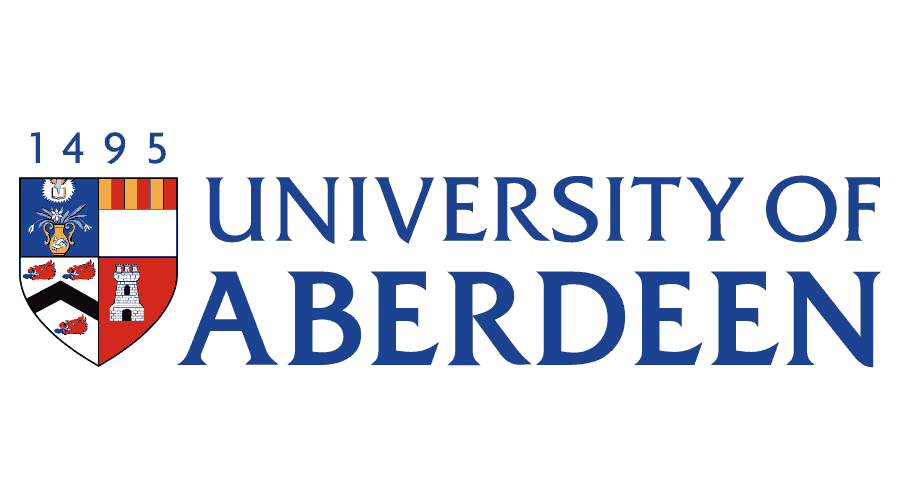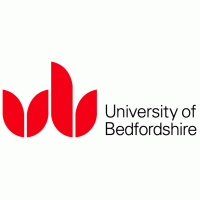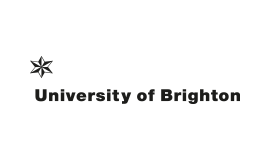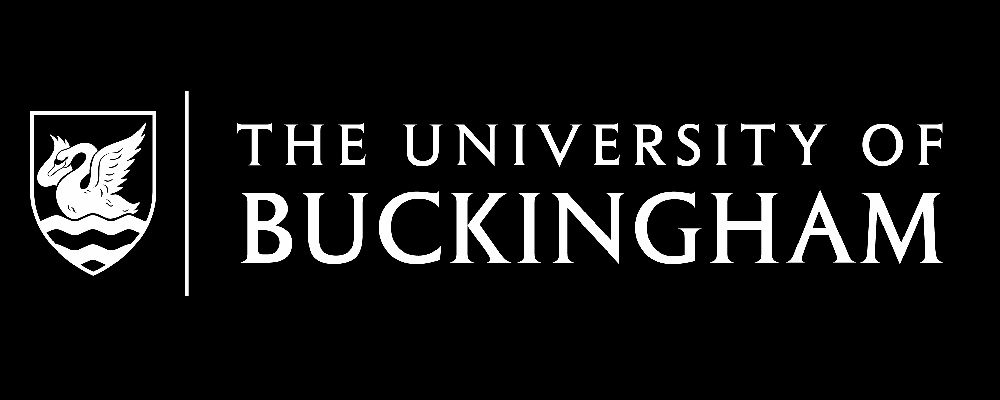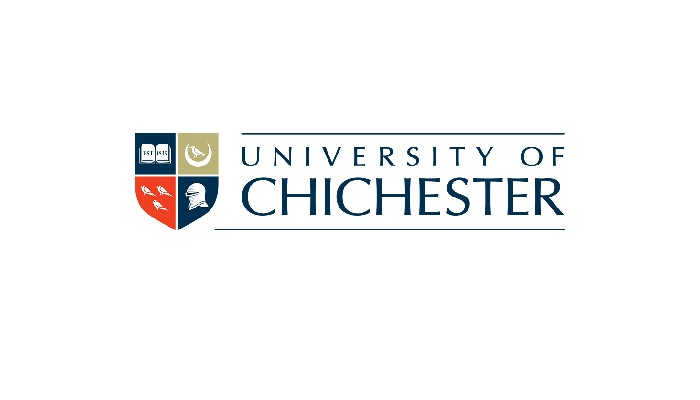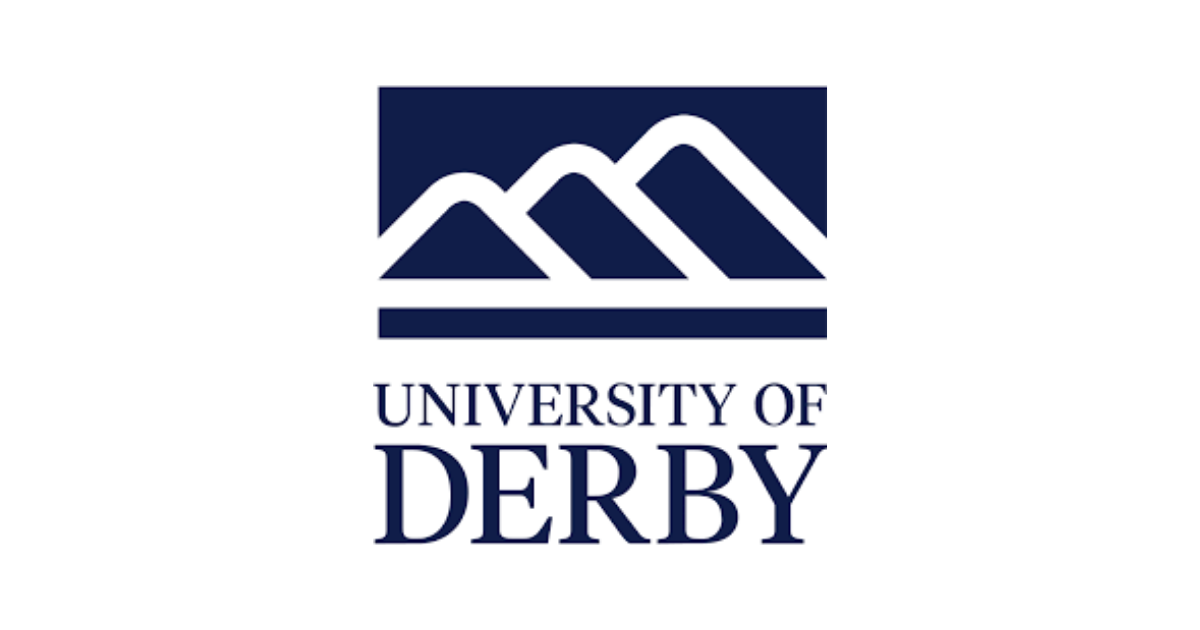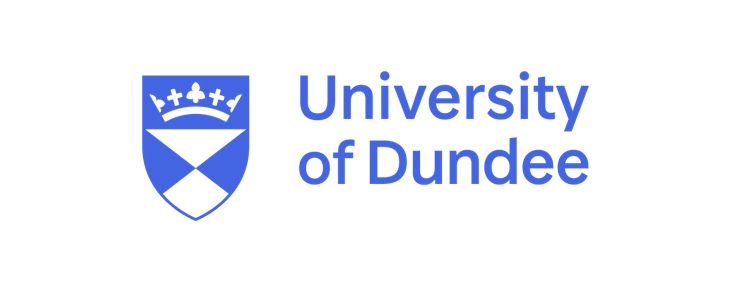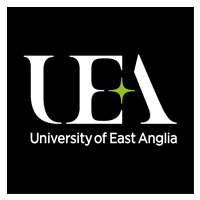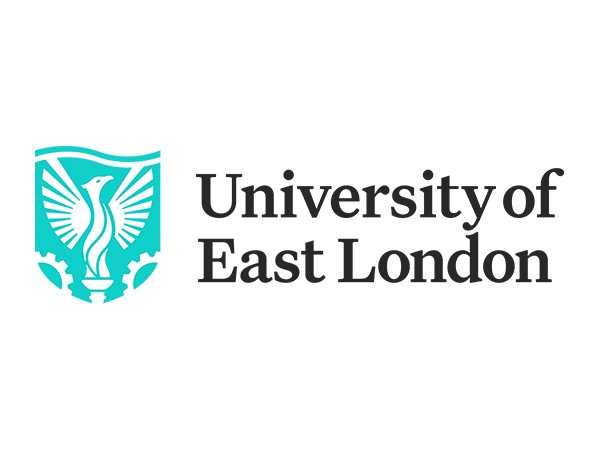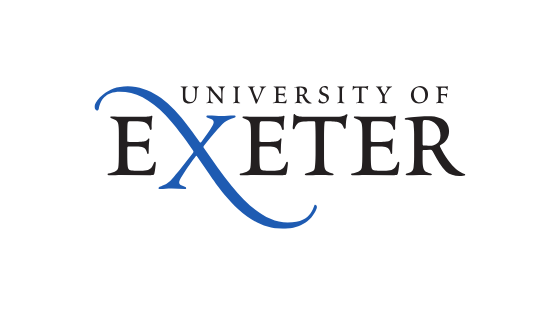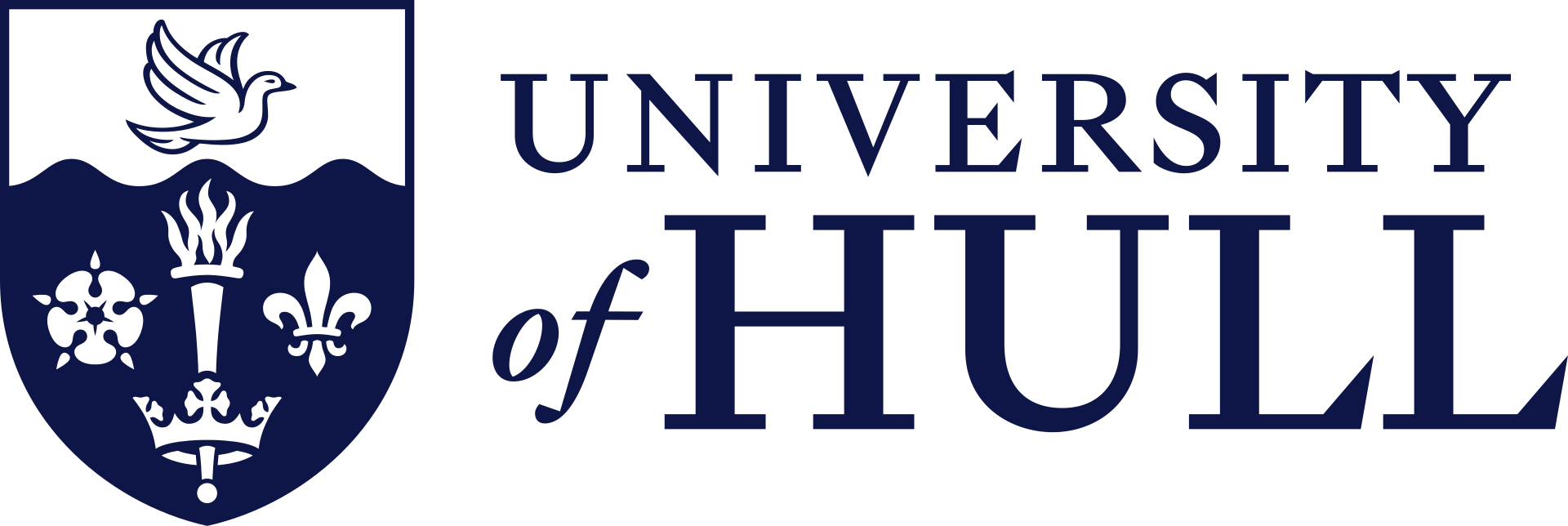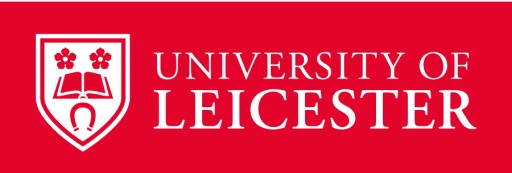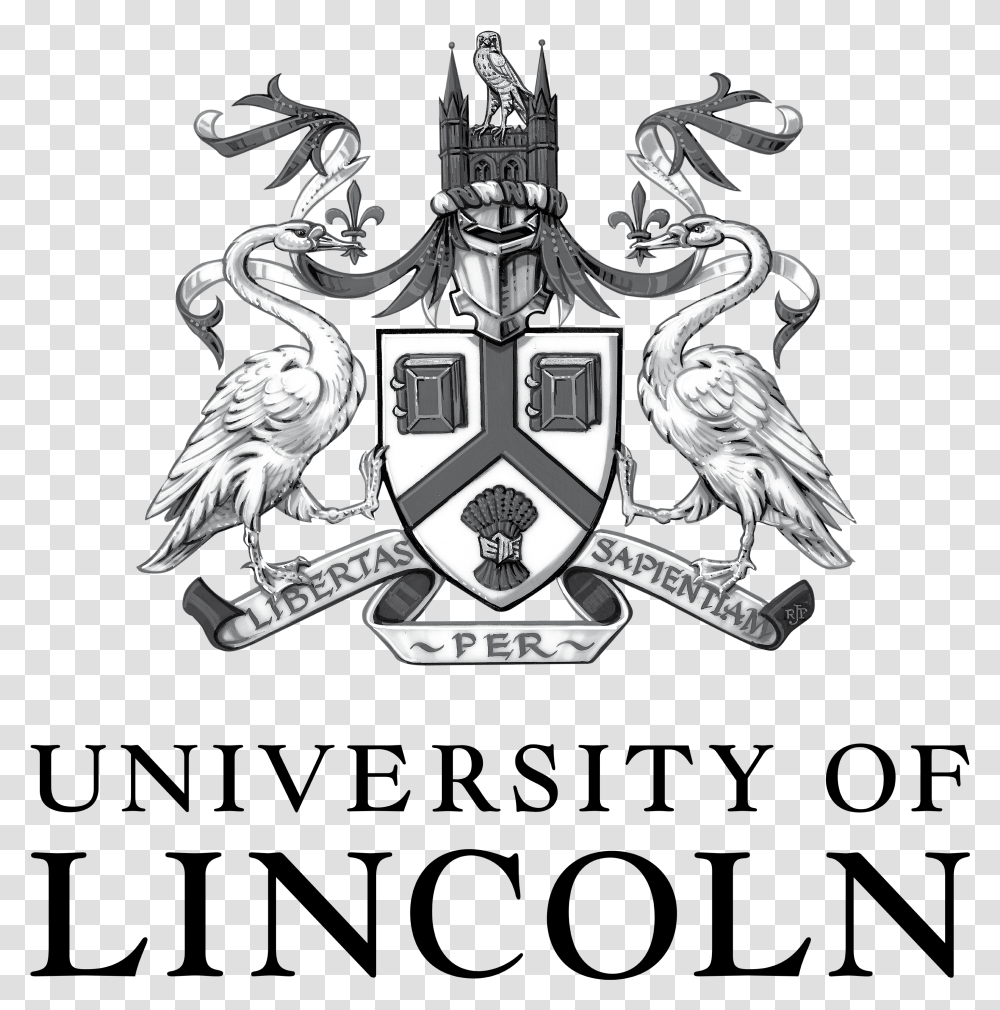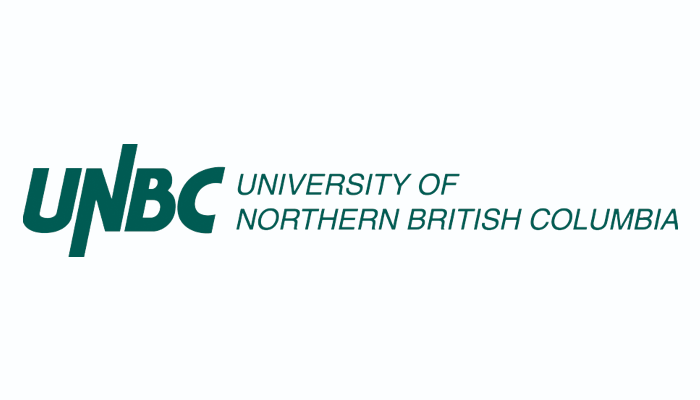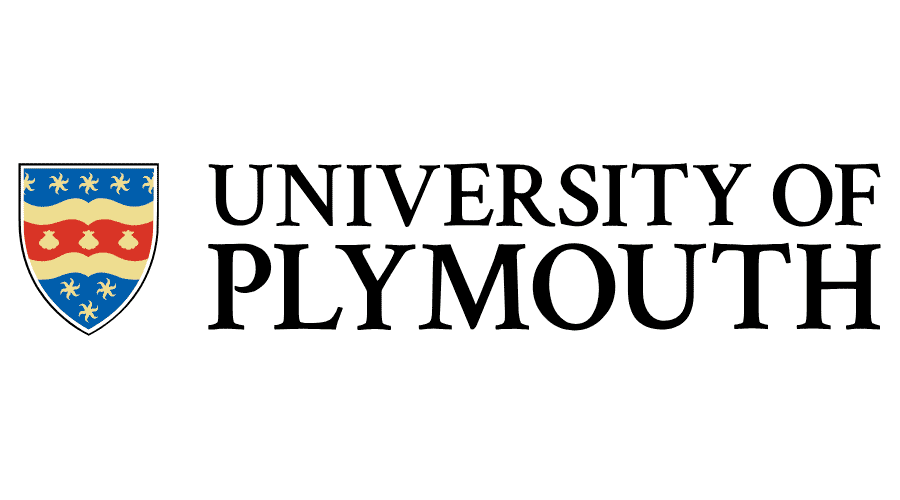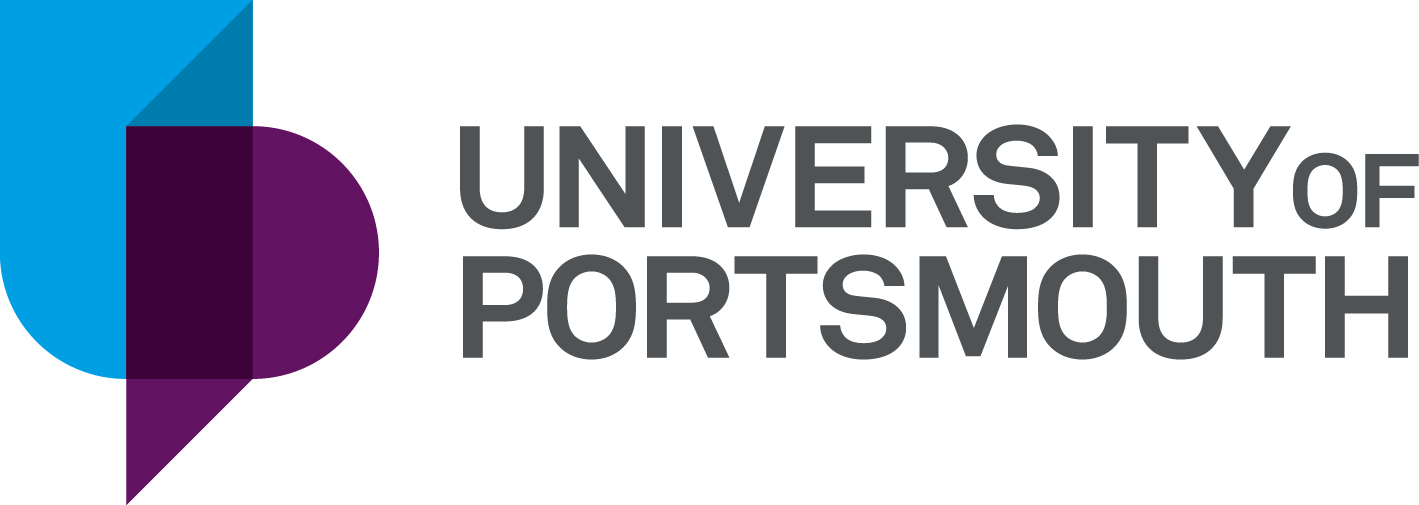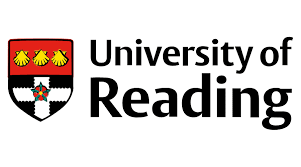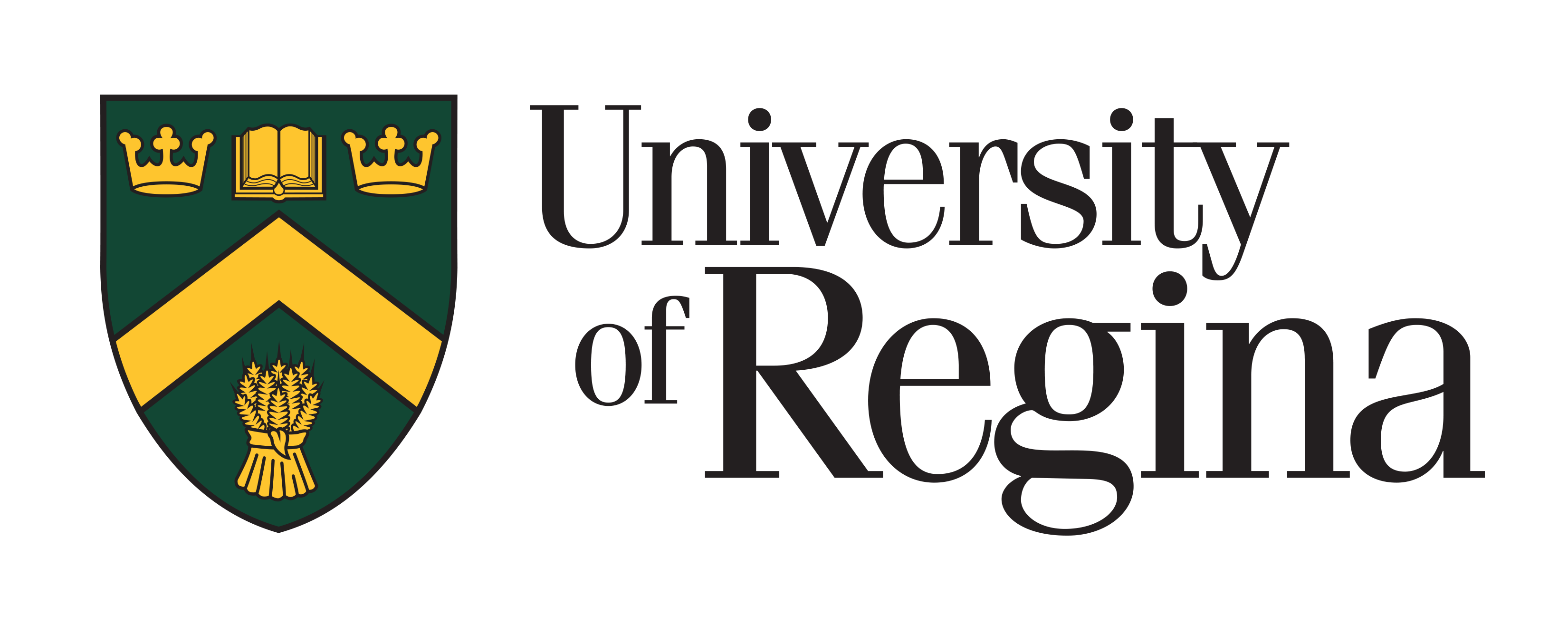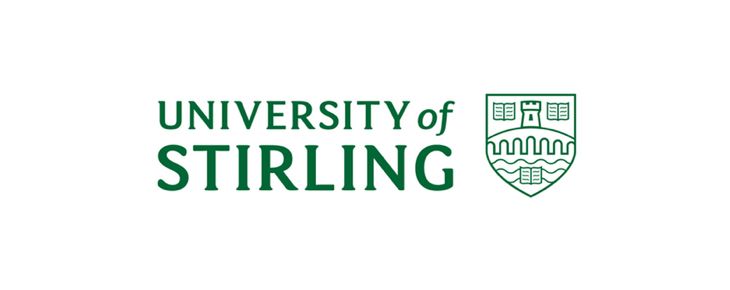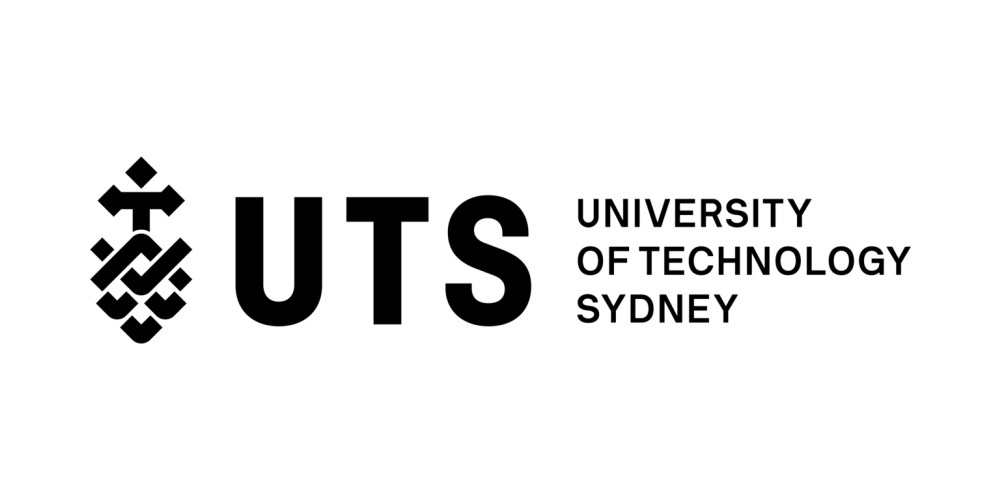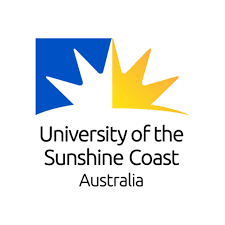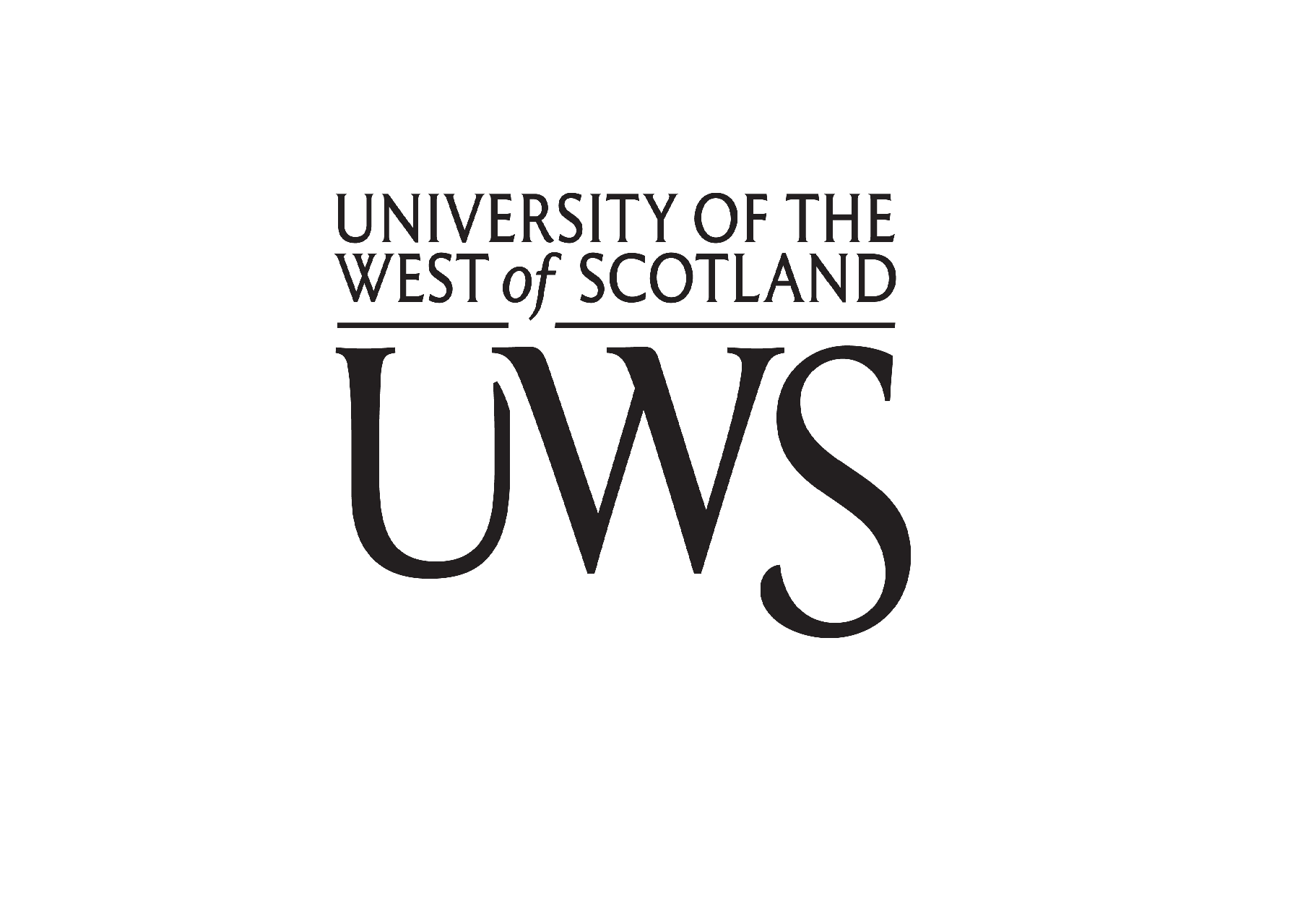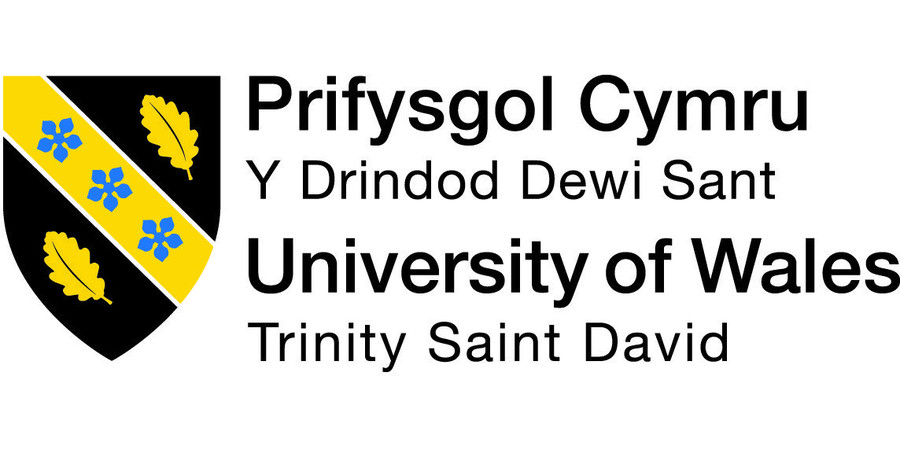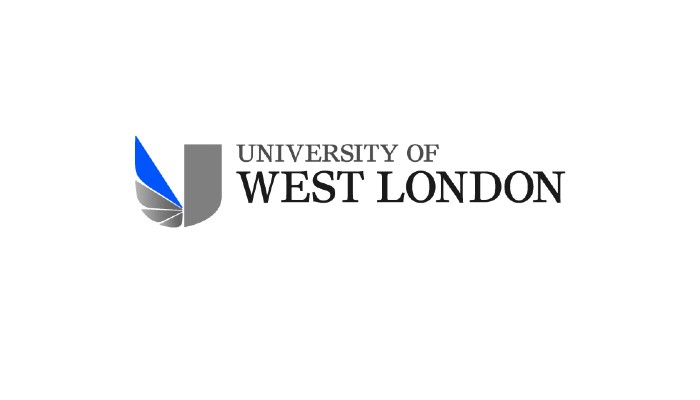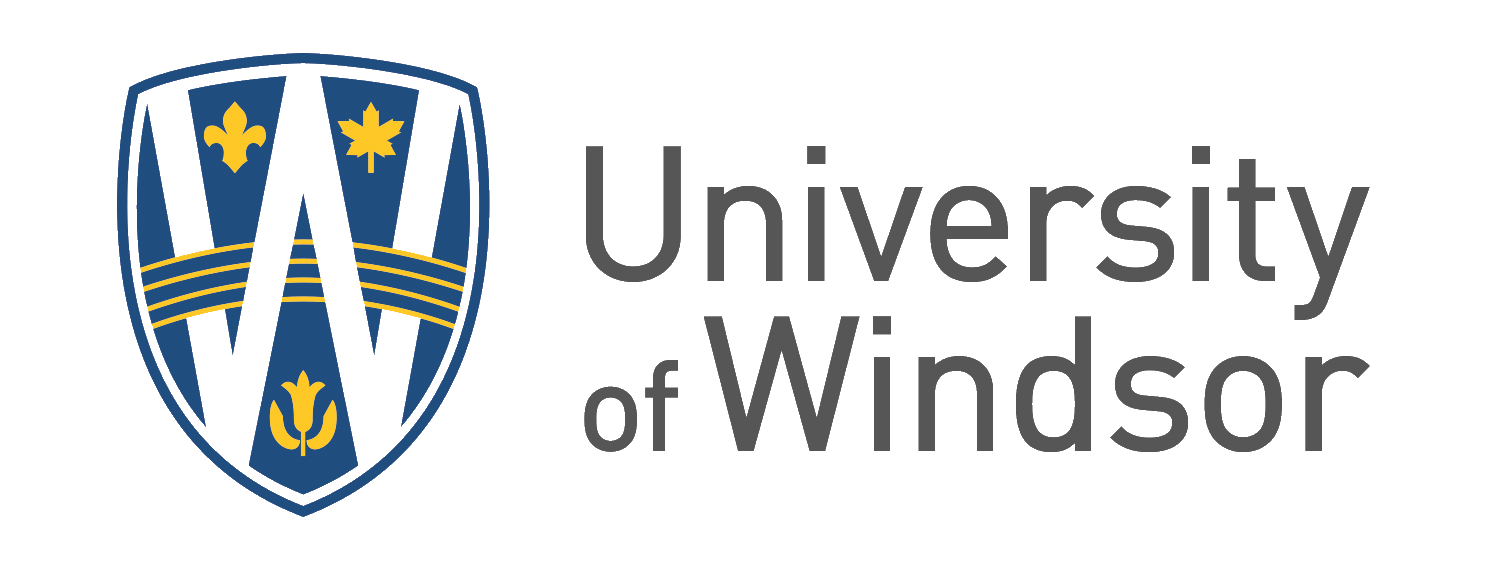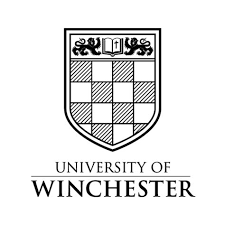Study Education Abroad: A World of Opportunity for Indian Students
Embarking on an education degree abroad is a transformative journey, offering Indian students unparalleled opportunities for academic growth, cultural immersion, and career advancement. This comprehensive guide outlines what you can expect from an international education program, highlighting key benefits, popular specializations, and essential considerations for your academic adventure.
Why Study Education Abroad?
Studying education overseas provides a unique perspective on global pedagogical practices, diverse learning environments, and innovative teaching methodologies. Here's why it's an excellent choice for aspiring educators:
- Global Perspective: Gain insights into different educational systems and adapt your teaching approach to diverse student populations.
- Enhanced Skills: Develop advanced pedagogical skills, critical thinking, research capabilities, and cross-cultural communication.
- Career Advancement: International qualifications are highly valued, opening doors to diverse career paths in teaching, educational leadership, policy-making, and research worldwide.
- Personal Growth: Experience a new culture, build a global network, and foster independence and adaptability.
- Specialized Programs: Access niche specializations and cutting-edge research opportunities not always available domestically.
Popular Education Specializations Abroad
The field of education is vast, with numerous specializations catering to different interests and career goals. Here are some popular choices for Indian students:
1. Early Childhood Education (ECE)
Focuses on the development and learning of children from birth through age eight. Programs often cover child psychology, curriculum design for young learners, play-based learning, and classroom management techniques specific to early years. Graduates can work in preschools, kindergartens, and early intervention centers.
Key areas of study:
- Child Development Theories
- Curriculum for Early Years
- Play-Based Learning
- Special Education Needs in ECE
2. Primary and Secondary Education
These programs prepare students to teach specific subjects or across the curriculum at primary (elementary) or secondary (middle and high school) levels. Specializations can include English, Mathematics, Science, Social Studies, and more. Practical teaching placements are an integral part of these degrees.
Key areas of study:
- Subject-Specific Pedagogy
- Adolescent Psychology
- Classroom Management
- Assessment and Evaluation
3. Educational Leadership and Management
Designed for those aspiring to leadership roles within educational institutions. This specialization covers school administration, policy development, financial management, human resources, and strategic planning in an educational context. Ideal for future principals, vice-principals, and educational administrators.
Key areas of study:
- Educational Policy and Planning
- School Finance and Budgeting
- Organizational Behavior in Education
- Leadership Theories
4. Special Education
This field focuses on teaching children and adults with diverse learning needs, disabilities, or exceptionalities. Students learn to develop individualized education programs (IEPs), use assistive technologies, and employ specialized instructional strategies to support inclusive learning environments.
Key areas of study:
- Inclusive Education Practices
- Assessment of Special Needs
- Behavioral Interventions
- Disability Studies
5. Educational Technology (EdTech)
With the rapid integration of technology in education, this specialization is growing in popularity. It explores how technology can enhance learning and teaching, covering areas like instructional design, e-learning development, educational software, and digital literacy. Graduates often work as instructional designers, educational technologists, or curriculum developers.
Key areas of study:
- Instructional Design Models
- E-Learning Platforms
- Digital Pedagogy
- Emerging Technologies in Education
6. TESOL/TEFL (Teaching English to Speakers of Other Languages/Foreign Language)
These programs equip individuals with the skills and certifications to teach English to non-native speakers worldwide. They cover language acquisition theories, grammar instruction, lesson planning, and classroom techniques for diverse linguistic backgrounds.
Key areas of study:
- Second Language Acquisition
- English Grammar and Phonology
- Cross-Cultural Communication
- Language Assessment
Course Structure and Pedagogy
International education programs often feature a blend of theoretical knowledge and practical experience. You can expect:
- Lectures and Seminars: Engaging discussions and deep dives into educational theories and research.
- Workshops: Hands-on sessions to develop practical teaching skills, curriculum design, and technology integration.
- Practicum/Internships: Supervised teaching placements in local schools or educational institutions, providing invaluable real-world experience.
- Research Projects: Opportunities to conduct independent research on educational topics, often culminating in a thesis or dissertation at the postgraduate level.
- Group Projects: Collaborative learning experiences that foster teamwork and diverse perspectives.
Many universities abroad utilize innovative teaching methods, encouraging student-centered learning, critical inquiry, and active participation. You'll be exposed to diverse teaching styles and classroom environments, preparing you for a global career.
Career Opportunities After Studying Education Abroad
An international education degree significantly enhances your career prospects. Graduates are highly sought after in various sectors:
| Career Path | Description | Potential Employers |
|---|---|---|
| Classroom Teacher | Teaching in primary, secondary, or international schools. | Public/Private Schools, International Baccalaureate (IB) Schools |
| Educational Administrator | Managing schools, departments, or educational programs. | Schools, Universities, Government Education Departments |
| Curriculum Developer | Designing and implementing educational curricula. | Publishing Houses, EdTech Companies, Schools |
| Instructional Designer | Creating learning materials for corporate training or online education. | Corporations, E-Learning Platforms, Universities |
| Special Education Teacher | Supporting students with diverse learning needs. | Special Needs Schools, Inclusive Schools, NGOs |
| Educational Consultant | Providing expertise on educational strategies and policies. | Consulting Firms, Government Bodies, Educational Organizations |
| ESL/EFL Instructor | Teaching English to non-native speakers globally. | Language Schools, Universities, Online Platforms |
| Education Researcher | Conducting studies on educational trends and outcomes. | Universities, Research Institutions, Think Tanks |
Key Considerations for Indian Students
Planning to study education abroad requires careful preparation. Here are some key factors to keep in mind:
- Entry Requirements: Typically include a bachelor's degree (for master's programs), academic transcripts, English proficiency tests (IELTS/TOEFL), letters of recommendation, and a statement of purpose. Some programs may require prior teaching experience or subject-specific prerequisites.
- Accreditation: Ensure the program and institution are accredited in the host country and recognized internationally. This is crucial for professional licensing and employment opportunities.
- Visa Process: Understand the student visa requirements for your chosen country, including financial proof, health insurance, and necessary documentation.
- Funding and Scholarships: Explore scholarships, grants, and financial aid options specifically for international students. Many universities offer merit-based scholarships, and external organizations also provide support.
- Culture Shock and Adaptation: Be prepared for cultural differences in academic settings and daily life. Universities often provide support services for international students to help with this transition.
- Post-Study Work Options: Research the post-study work visa policies of the country to understand your options for gaining international work experience after graduation.
Embrace Your Future in Education
Studying education abroad is more than just earning a degree; it's an investment in your future, offering a rich tapestry of academic challenges, cultural experiences, and professional growth. As an Indian student, you bring a unique perspective to global classrooms, and an international education will equip you to become a versatile, globally-minded educator ready to make a significant impact on learners worldwide.
Begin your journey today and explore the vast opportunities that await you in the exciting field of education!





